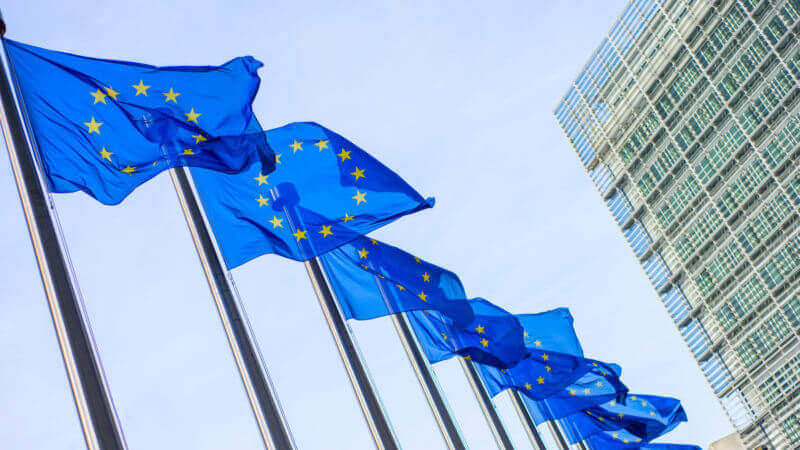Europe to tech giants: Remove ‘illegal content’ within one hour
Voluntary recommendations directed at terrorist propaganda, hate speech, child sexual abuse and copyright infringement.
The European Commission (EC) earlier today issued guidelines and recommendations for the rapid removal of “illegal content” from websites accessible within Europe. The move is aimed primarily — though not exclusively — at terrorist propaganda.
The EC wants illegal content to be taken down, following notification to tech companies, within one hour. In the guidance provided by the EC, illegal content is broadly defined to include: “terrorist content, incitement to hatred and violence, child sexual abuse material, counterfeit products and copyright infringement.”
These recommendations are voluntary and do not have the force of law but apparently can be used in judicial proceedings, though it’s not entirely clear how they might be. Here’s what the Wall Street Journal reported on the question of enforcement:
The new recommendation from the European Commission is a form of soft law and spells out the voluntary guidelines in greater detail. While it is nonbinding, it can be used in courts as a legal reference. The EU said it would pursue formal regulation should the guidelines prove ineffective.
The EC seems inclined to pursue legislation if the rules are not adopted and enforced by the major tech firms voluntarily:
The Commission will monitor the actions taken in response to this Recommendation and determine whether additional steps, including, if necessary legislation, are required.
In addition to the “one hour rule,” the EC outlined a set of aspirational procedures for “more efficient removal of illegal content,” each of which are more fully discussed in its news release:
- Clearer ‘notice and action’ procedures
- More efficient tools and proactive technologies
- Stronger safeguards to ensure fundamental rights
- Special attention to small companies
- Closer cooperation with authorities
The EC specified that it doesn’t see the rules as a blunt instrument or “one size fits all,” explaining, “these measures may differ according to the nature of the illegal content, and the Recommendation encourages companies to follow the principle of proportionality when removing illegal content.”
European free speech advocates have criticized the recommendations as a form of “voluntary censorship” turning Google and Facebook into content arbiters.
Contributing authors are invited to create content for MarTech and are chosen for their expertise and contribution to the martech community. Our contributors work under the oversight of the editorial staff and contributions are checked for quality and relevance to our readers. The opinions they express are their own.
Related stories
